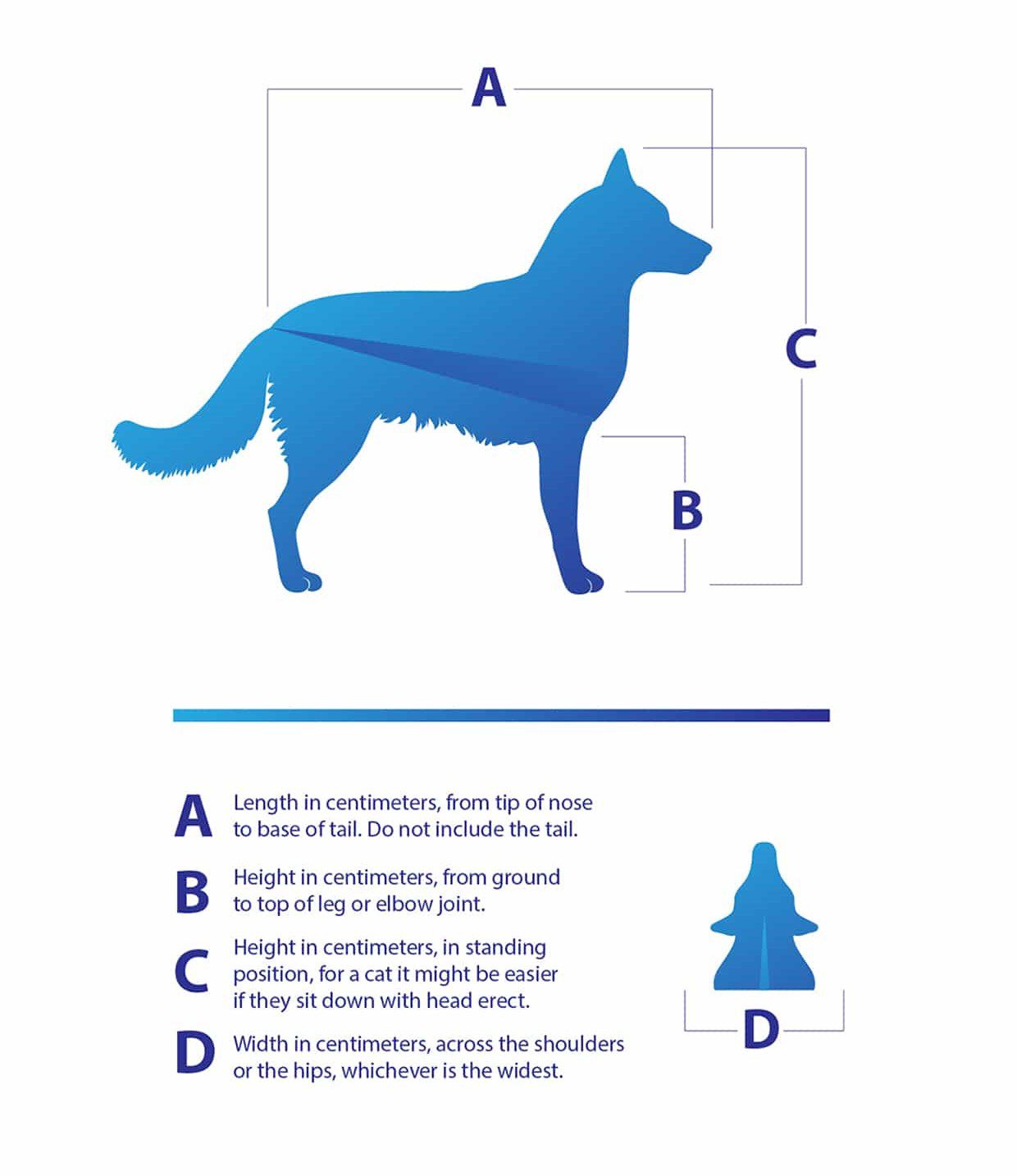Exploring Pet Prescription Diets : Nutrition for Furry Friends
As a devoted pet owner, you want nothing but the best for your furry companion. Providing them with proper Pet Prescription Diets nutrition is an essential aspect of ensuring their overall health and well-being. While standard commercial pet foods may suit most pets, some animals have specific health conditions or dietary needs that require a more targeted approach. This is where prescription diets come into play — specialized pet foods formulated to address particular health concerns and promote optimal pet health. In this article, we will delve into the world of prescription diets, exploring how they benefit our beloved pets.
What are Prescription Diets?
Prescription diets, also known as veterinary or therapeutic diets, are formulated to meet the unique nutritional requirements of pets with specific health conditions. Unlike regular pet foods available on store shelves, prescription diets are not generic in nature. They are carefully tailored to suit the individual pet’s age, breed, weight, and medical history, ensuring they receive the precise nutrients needed to manage or improve their specific health condition.
Prescription diets are not available without the recommendation of a veterinarian. To prescribe the most suitable diet, the veterinarian conducts a thorough examination and diagnosis of the pet’s health condition. This personalized approach ensures that the chosen diet is appropriate and effective in addressing the specific health issue the pet is facing.
The Benefits of Pet Prescription Diets
Tailored Nutrition for Health Conditions: One of the primary benefits of prescription diets is their ability to cater to pets with specific health conditions. Whether it’s kidney disease, diabetes, obesity, urinary tract issues, or allergies, these diets are specially formulated to support and manage various medical concerns. By addressing the specific nutritional needs of your pet, prescription diets can significantly contribute to their overall health and well-being, and even improve their quality of life.
Veterinarian Recommendation: Pet Prescription diets are not something you can pick up at a pet store at your discretion. They require a veterinarian’s recommendation, which ensures that your pet receives the most appropriate diet for their condition. A veterinarian will carefully assess your pet’s health status and consider any underlying health issues before prescribing the right diet.
High-Quality Ingredients: Prescription diets are made with high-quality ingredients that adhere to strict standards and regulations. These diets are often backed by extensive research and clinical studies, offering pet owners the confidence that they are feeding their pets safe and effective food.
Preventive Measures: Prescription diets not only manage existing health conditions but can also serve as preventive measures for certain ailments. For example, diets formulated to support joint health can help prevent joint-related problems in aging pets, enhancing their overall mobility and well-being.
Weight Management: Obesity is a common issue in pets, leading to various health problems. Prescription diets designed for weight management can help pets lose excess pounds in a controlled manner, reducing the risk of obesity-related complications and promoting a healthier lifestyle.
Improved Digestion: Pets with sensitive stomachs or digestive issues can benefit from prescription diets with easily digestible ingredients. These diets aid in better nutrient absorption and minimize gastrointestinal discomfort, leading to a happier and more comfortable pet.
Selecting the Right Prescription Diet
Choosing the appropriate prescription diet for your pet is a decision that should not be taken lightly. Always consult your veterinarian to ensure you are providing the best care for your furry friend. The veterinarian will conduct a comprehensive examination and consider any existing health conditions, dietary restrictions, and nutritional needs before recommending a specific prescription diet.
It is essential to follow the veterinarian’s guidance regarding the proper feeding schedule, portion sizes, and any additional dietary supplements that may be required. Avoid self-diagnosing or attempting to prescribe a specific diet without proper professional guidance, as it may do more harm than good to your pet’s health.
Website : https://www.petpoint.ae

